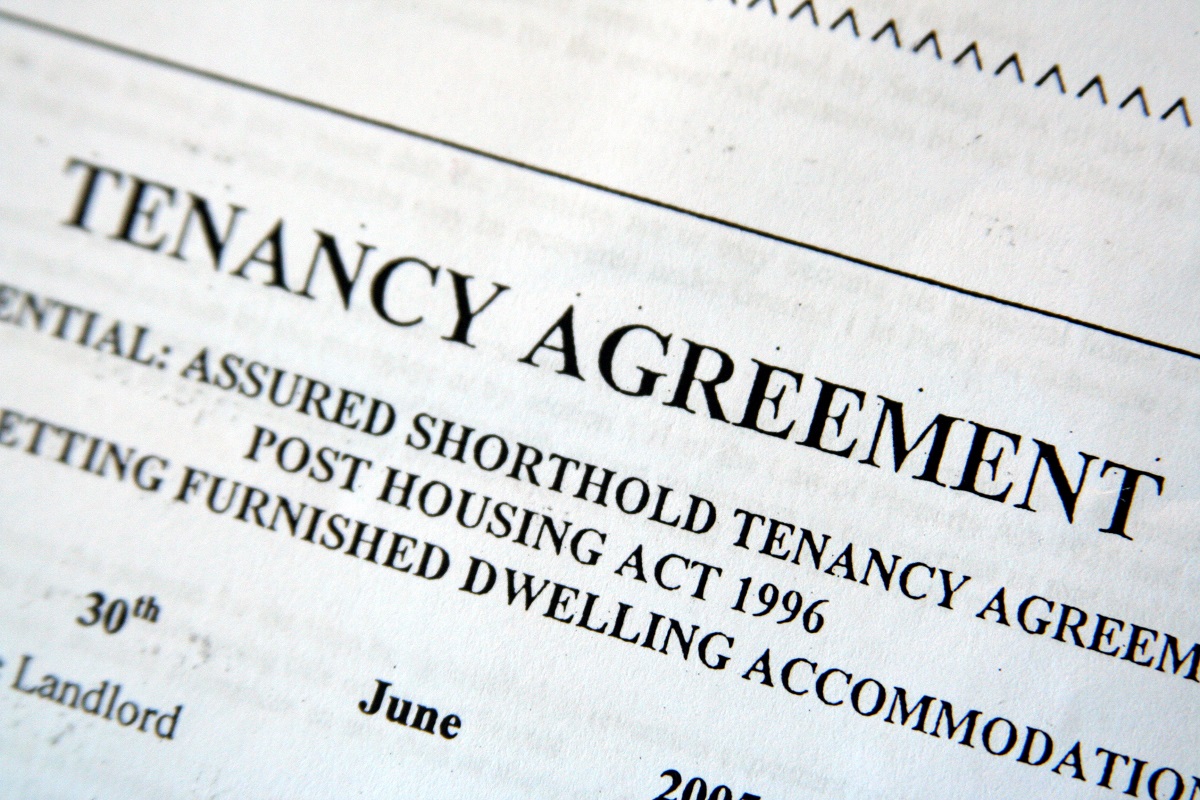Many a tenancy has ended in tears because of a lack of clarity about the all-important deposit, which can run to thousands of pounds.
The introduction of Government-backed deposit protection schemes in 2007 was supposed to reduce the scope for such misunderstandings and, to an extent, has achieved that by introducing greater clarity into the process.
But many tenants are still confused about their rights and worry they are at the mercy of landlords, clinging on to their deposits.
This guide is designed to help tenants and landlords alike know where they stand.
Choose your lettings agent wisely
The most important first step, if you are a tenant, is to make sure that you deal with a reputable lettings agent. That way you can steer clear of the very small number of landlords who may cause you problems.
“Always choose a lettings agent that is a member of ARLA Propertymark, the Royal Institution of Chartered Surveyors (RICS) or safeagent,” says Jane Cronwright-Brown, Head of Residential Lettings at Savills.
“Members of those bodies must comply with a code of practice and by-laws for professional standards. You can have peace of mind knowing that your agent will follow strict procedures when dealing with your whole tenant journey.”
Deposit protection schemes are the law
The deposit paid by the tenant at the start of a tenancy, typically equivalent to a month’s rent, now has to be paid into a deposit protection scheme at the outset of the tenancy.
It is the landlord’s responsibility to lodge the money in a suitable scheme and give the tenant details of the scheme. The scheme should stipulate the circumstances in which the landlord can refuse to return some, or all of the deposit, at the end of tenancy.
Don’t forget the inventory
Damage to the property beyond wear and tear is a common example but there are still some grey areas. There is no statutory requirement on landlords and tenants to agree a comprehensive inventory at the outset of the tenancy.
However, an agreed inventory is obviously highly desirable and sensible landlords and tenants should prepare one accordingly.
Read more
- Renting with pets: How to make it work
- How to make money from your spare room
- How to make a rental house a home: Five top tips
It is also important for both parties to understand that the tenant is not legally bound to leave the property in an identical condition to when he or she moved in. Some reasonable wear and tear is admissible.
Most tenancies end amicably with the landlord either returning the full deposit at the end of the tenancy or making deductions which the tenant acknowledges as reasonable.
When should a tenant’s deposit be returned?
Landlords are required to return a tenant’s deposit within 10 days of the end of the tenancy, having made any reasonable deductions.
If the tenant does not agree that deductions are reasonable, they should contact the lettings agent as quickly as possible. They might also choose to contact the landlord directly.
How to make a formal complaint
If a tenant wishes to make a formal complaint, they should set out the grounds for complaint in an email to their lettings agent. If there is no lettings agent, the tenant should send an email to the landlord giving as many supplementary details as possible.
Anything from photographic evidence, to notes of phone calls, may be relevant. The tenant should also ask the lettings agent, or landlord, to send a copy of their complaints procedure.
The Housing Ombudsman Service
If the tenant is not satisfied with the response and the matter is not resolved within eight weeks, they should contact the Housing Ombudsman Service, giving full details of the complaint and including relevant documentation.
All complaints must be referred to the Ombudsman within six months of receipt of the final response by the lettings agent or landlord.
What is the free dispute resolution service?
Alternatively, the tenant can take advantage of the free dispute resolution service offered by their tenancy deposit scheme. They are not obliged to use this service but if they do, both the tenant and the landlord have to agree to it.
They will both be asked to provide evidence and any decision made about the deposit will be final.
Court action is the last resort
If the tenant believes their landlord or lettings agent has acted illegally, for example, by not lodging their deposit in a deposit protection scheme, the tenant can, as a last resort, take the landlord or agent to court having first complained to their local Trading Standards office. They should try to find an amicable solution before considering the legal route.
Like other professional relationships, the landlord-tenant relationship relies on trust, clarity and courtesy. With a good mix of all three, recriminations about non-returned deposits can be avoided.






